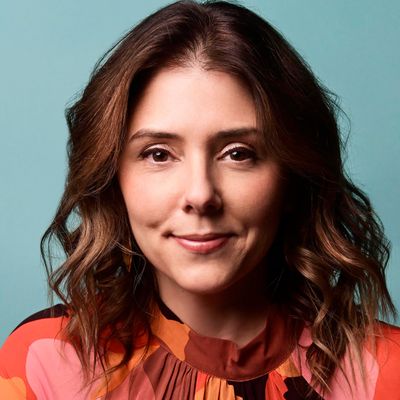After decades of entrepreneurship through the Jen Waldman Studio, working with Broadway’s top performers, and coaching C-level executives as part of Simon Sinek’s team, Jen Waldman is our premiere guest to share her insights on the arts, business, leadership, creativity, coaching, marriage, and even parenting.
Discover new ways to look at the world, yourself, and ways to create change. This episode may be the little nugget you need to enrich your life greatly!
Click here to access bonus resources from this episode.
Connect with Jen Waldman:
Connect with Tony Howell:
Episode Credits:
- Art by Tony Howell + Gertrude Pillena
- Editing by Connor Lynch
- Hosting by Broadway Podcast Network
If you enjoyed this episode, please visit RateThisPodcast.com/tonyhowell. Be sure to check out our past conversations and subscribe for next month’s special guest!


